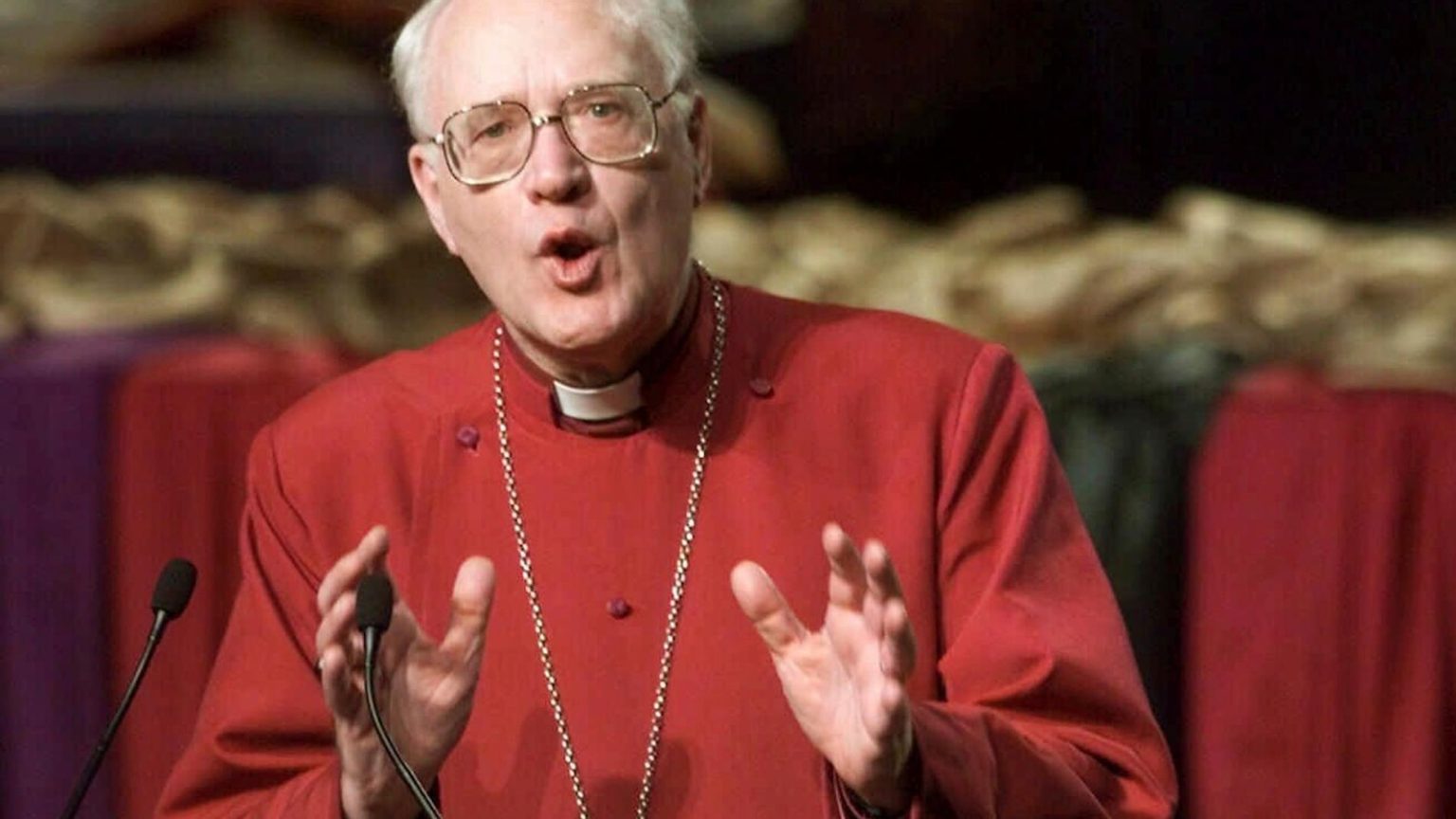Church of England Faces Scrutiny Over Handling of Sexual Abuse Allegations
The Church of England is under intense scrutiny following revelations about its handling of sexual abuse allegations, with several high-ranking clergy members, including a former Archbishop of Canterbury, potentially facing disciplinary action. According to church officials, George Carey, who served as Archbishop from 1991 to 2002, resigned as a priest in December after media reports revealed that he had allowed the Rev. David Tudor, who had been banned due to sexual abuse claims, to return to the priesthood in the 1990s. The church’s national safeguarding team has now announced that it is seeking to bring disciplinary proceedings against Carey and nine other clergy members over potential failures in a separate abuse case.
Failures in Addressing Abuse: The Case of John Smyth
In November, the church published an independent report detailing the shocking case of John Smyth, a prominent lawyer and volunteer at Christian summer camps, who allegedly abused over 100 young boys and men over five decades. The report revealed that Smyth’s abuse was known about by several individuals within the church, yet no meaningful action was taken to stop him. Carey was specifically informed of the serious physical and sexual abuse perpetrated by Smyth and was even sent a copy of a previous report into the matter. However, Carey denies seeing the report, raising questions about the church’s accountability and transparency.
The Role of Senior Clergy in the Scandal
The report also implicated Justin Welby, the former Archbishop of Canterbury and spiritual leader of the global Anglican Communion, who failed to inform the police about the allegations against Smyth. Welby resigned last year amid criticism of his handling of the case. Smyth, who died in 2018 while under police investigation in Cape Town, was able to continue his abusive behavior for decades, leaving behind a trail of devastated lives. Alexander Kubeyinje, the Church of England’s national director of safeguarding, expressed deep regret for the harm caused to survivors, stating, “We know this will never undo the harm caused, but the Church is committed to taking very seriously its response to the findings of the review as well as responding to its recommendations.”
The Impact on Survivors and Victims
The revelations have left survivors of Smyth’s abuse feeling betrayed and hurt, not only by the actions of their abuser but also by the failure of the church to protect them. Many have spoken out about the long-lasting emotional and psychological damage they have endured, emphasizing the need for the church to take responsibility and implement meaningful reforms. The case has also raised broader questions about the culture within the Church of England and its ability to address allegations of abuse transparently and effectively.
The Church’s Response and Commitment to Change
In response to the report, the Church of England has promised to take the findings seriously and implement the recommendations made by the independent review. The national safeguarding team has begun disciplinary proceedings against Carey and nine other clergy members, signaling a commitment to holding individuals accountable for their failings. Kubeyinje emphasized the church’s commitment to safeguarding, stating that it is dedicated to creating a safe environment for all members, particularly vulnerable individuals. However, survivors and advocates argue that words must be matched with concrete actions to rebuild trust and ensure that such failures never happen again.
A Path Forward: Accountability and Reform
The case of John Smyth and the subsequent revelations about the church’s handling of abuse allegations serve as a stark reminder of the need for greater transparency, accountability, and reform within the Church of England. While the church has taken steps to address the issue, including the establishment of a national safeguarding team and the initiation of disciplinary proceedings, much work remains to be done. Survivors and advocates are calling for a culture of openness and accountability to replace the secrecy and complacency that allowed abuse to go unchecked for so long. Only through such systemic change can the church hope to heal the wounds of the past and regain the trust of its congregation and the wider community.















